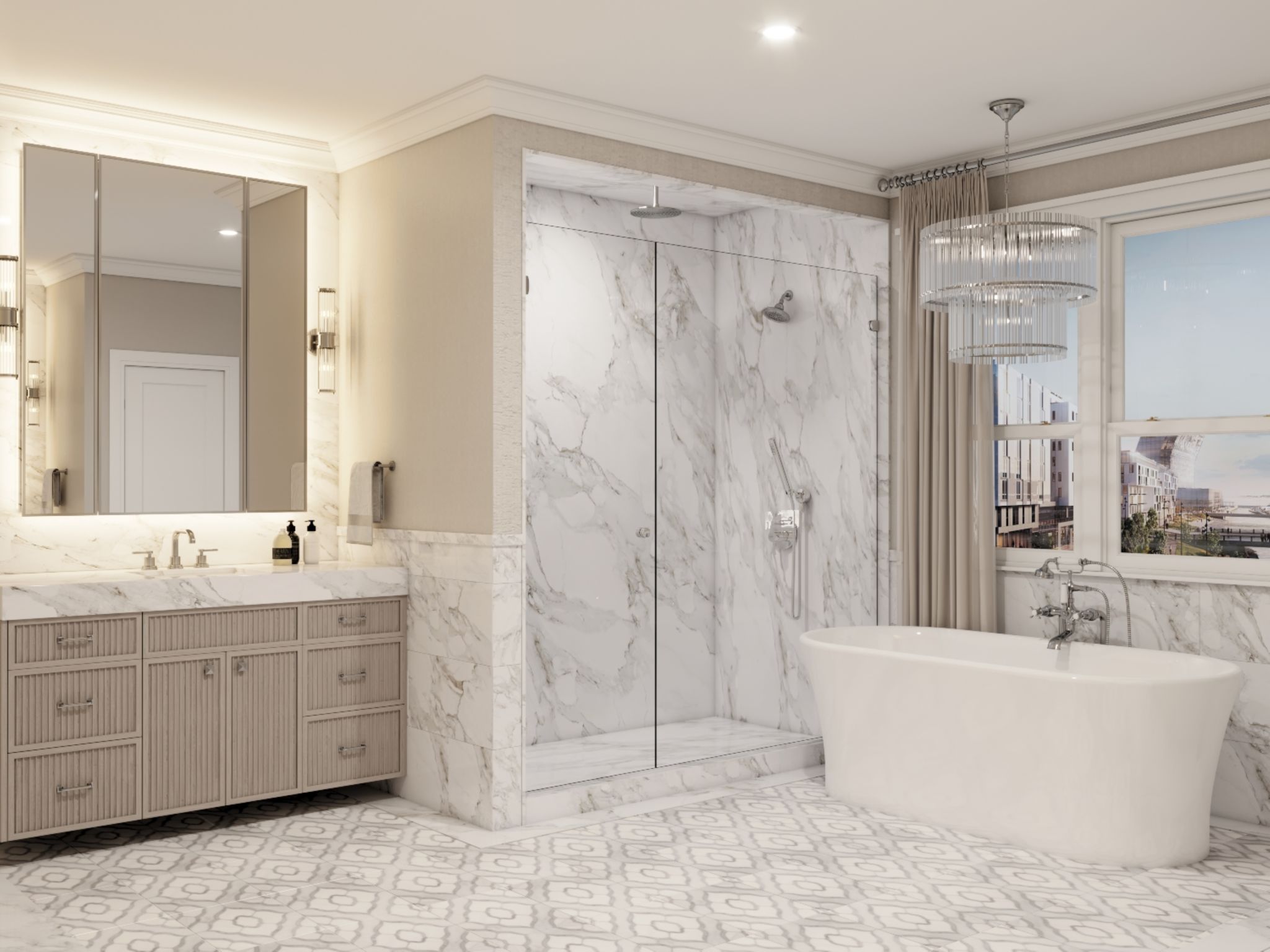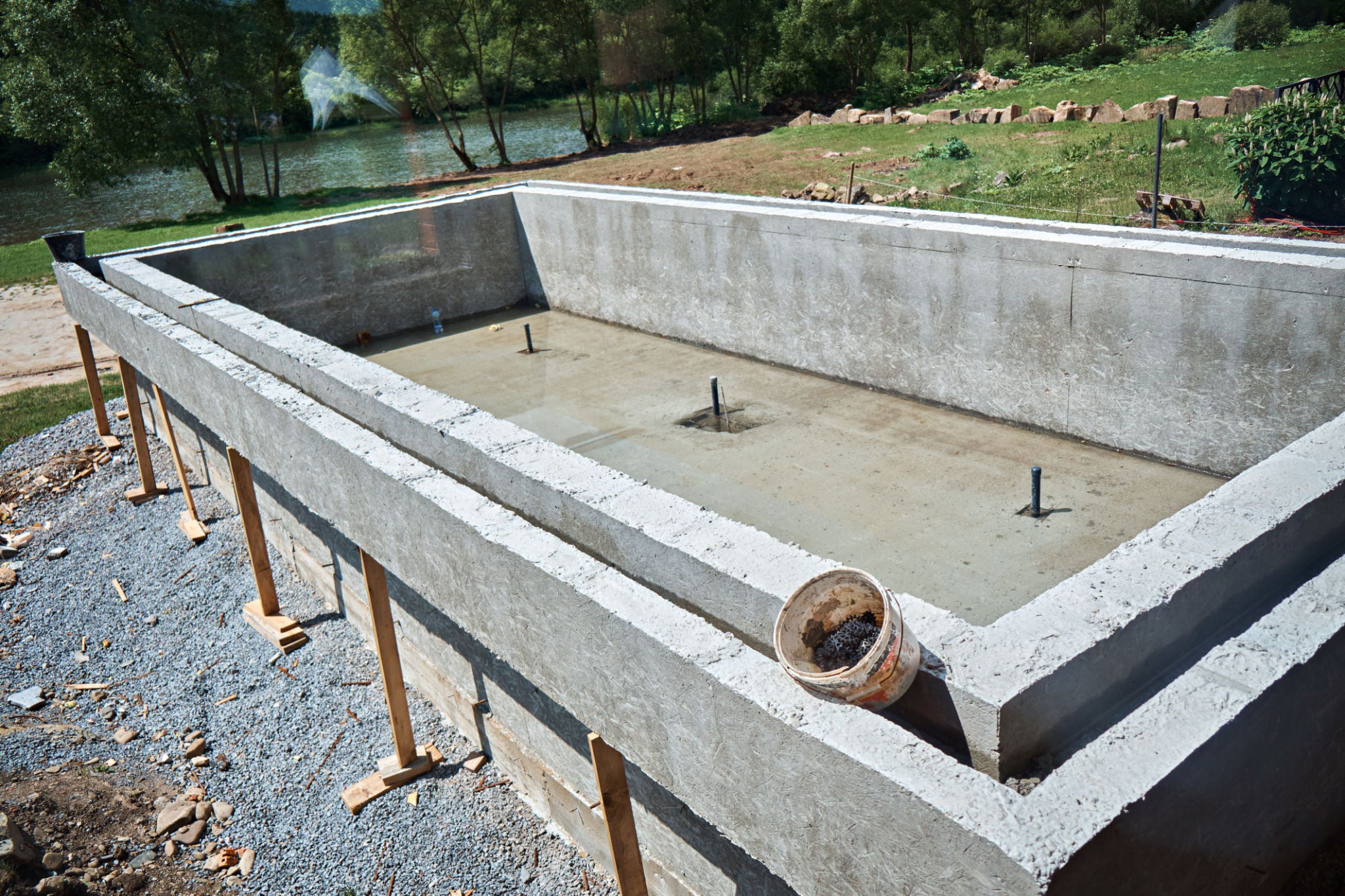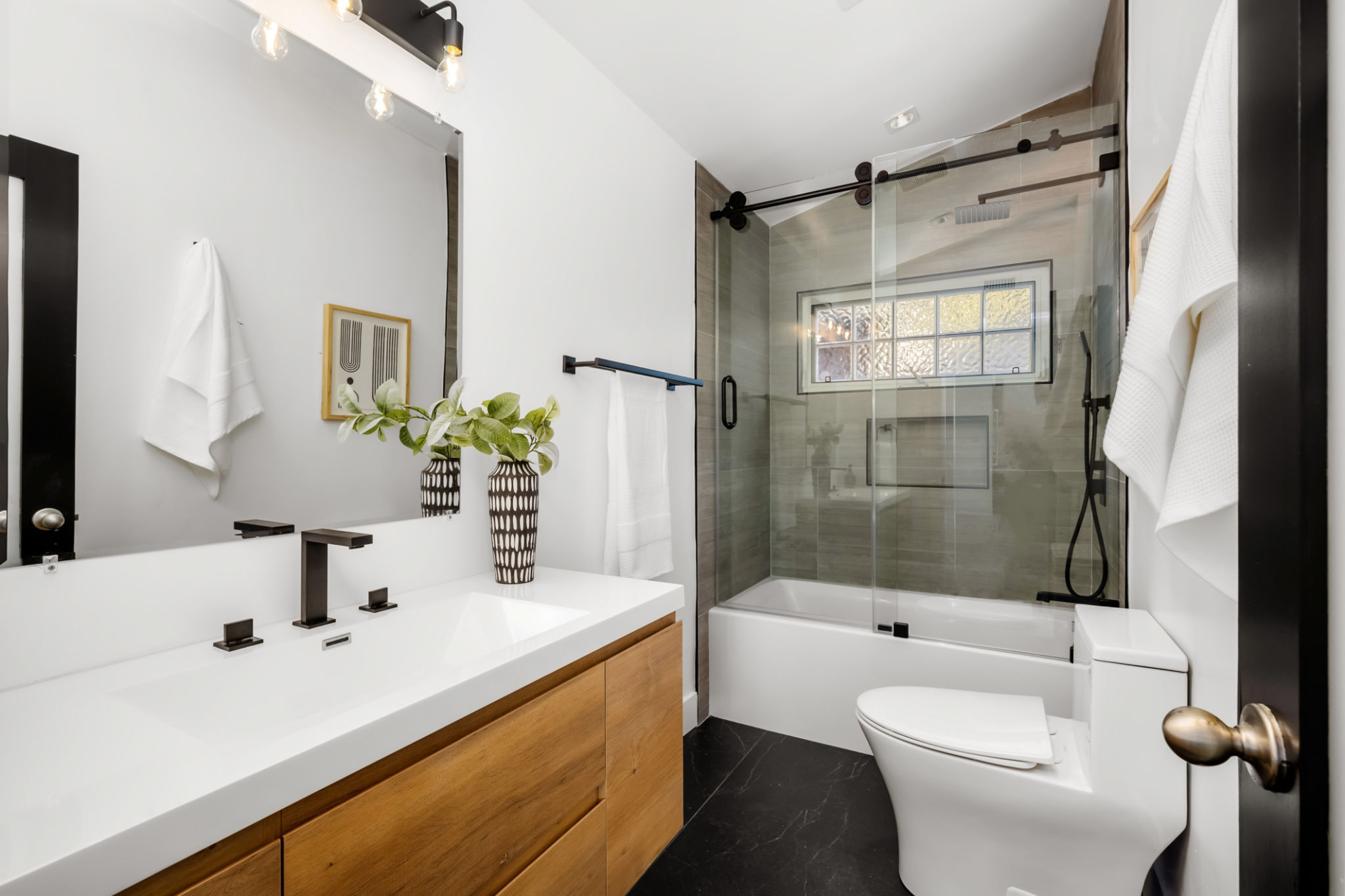Tile Resurfacing vs. Replacement: Choosing the Right Option for Your Bathroom
Understanding Tile Resurfacing and Replacement
When it comes to renovating your bathroom, one of the critical decisions revolves around your tiles. Over time, tiles can become outdated, chipped, or stained, prompting homeowners to consider either resurfacing or replacing them. Both options have their advantages and drawbacks, and choosing the right one depends on various factors, including budget, time, and personal preferences.

What is Tile Resurfacing?
Tile resurfacing, also known as tile reglazing, involves applying a new surface layer over existing tiles. This process can give your bathroom a fresh look without the need for a full replacement. The resurfacing process typically includes cleaning the tiles thoroughly, repairing any chips or cracks, and applying a specialized coating that adheres to the tile surface. This is an excellent option for those who want to update the look of their bathroom quickly and affordably.
Benefits of Tile Resurfacing
- Cost-effective: Resurfacing is generally cheaper than full replacement.
- Time-saving: The process takes a fraction of the time compared to replacing tiles.
- Eco-friendly: By reusing existing materials, you reduce waste.

When to Consider Tile Replacement
While resurfacing can be a quick fix, there are situations where replacing the tiles entirely might be the better option. If your tiles are significantly damaged, loose, or if there are underlying issues such as mold or water damage, then replacement might be necessary. Additionally, if you're aiming for a complete remodel with a drastic change in style or layout, new tiles could be the way to go.
Advantages of Tile Replacement
- Customization: Choose from a wide range of styles and materials for a personalized look.
- Durability: New tiles can offer enhanced durability and longevity.
- Problem-solving: Address underlying issues like water damage or mold more effectively.

Factors to Consider
Before deciding on resurfacing or replacement, consider the current condition of your tiles and your renovation goals. Assess the extent of damage, your budget constraints, and how much time you can dedicate to the project. Additionally, think about the long-term impact on home value and maintenance requirements.
Making the Right Choice for Your Bathroom
Both tile resurfacing and replacement have their merits. If you're looking to quickly refresh your bathroom on a budget, resurfacing may be ideal. However, if you're facing significant damage or want a complete overhaul, investing in new tiles might be worth the extra cost. Consult with professionals to understand which option aligns best with your needs.

In conclusion, whether you choose to resurface or replace your tiles, both options can significantly enhance the aesthetic appeal and functionality of your bathroom. Evaluate your specific circumstances and priorities to make an informed decision that will bring satisfaction for years to come.
